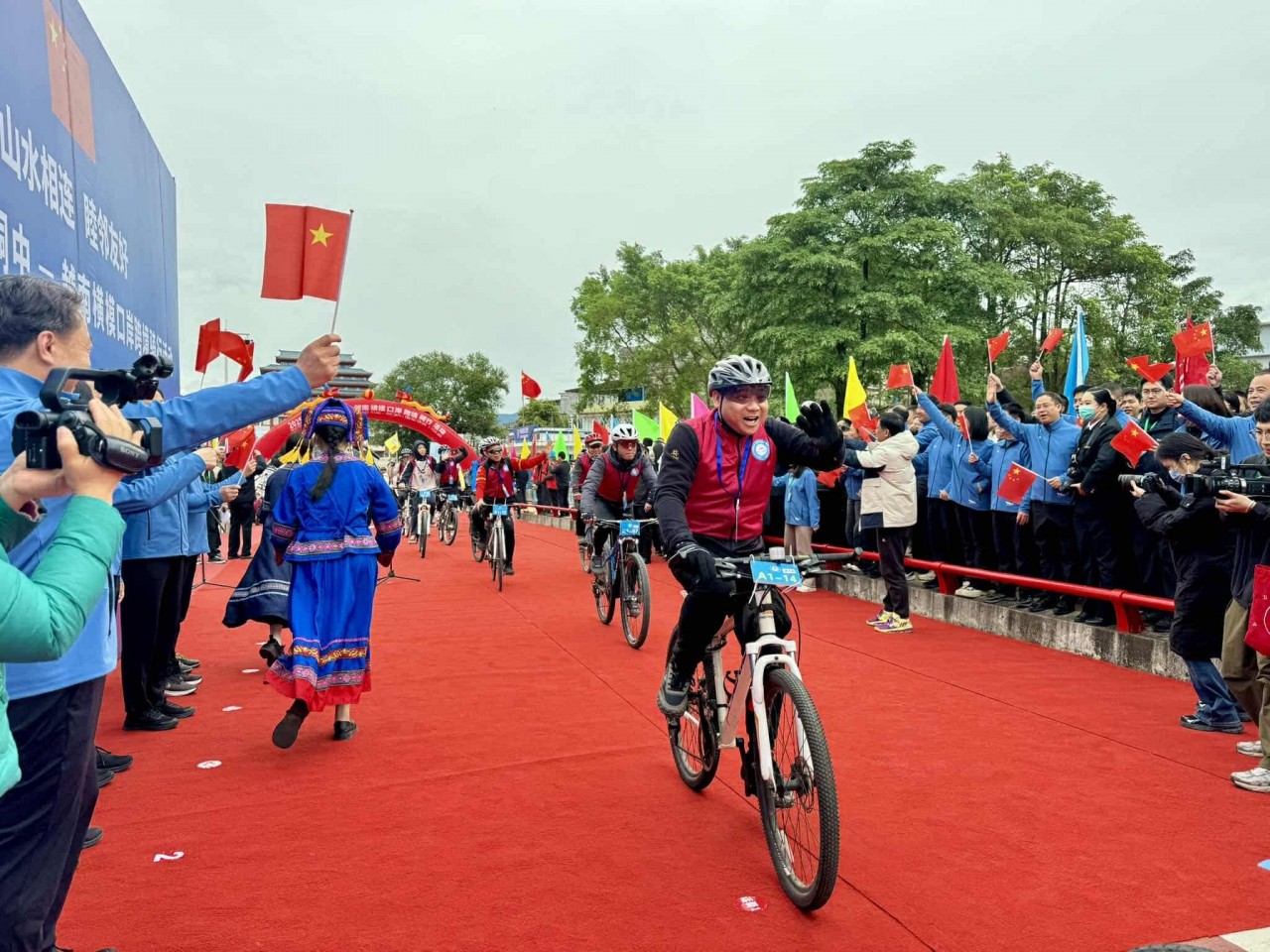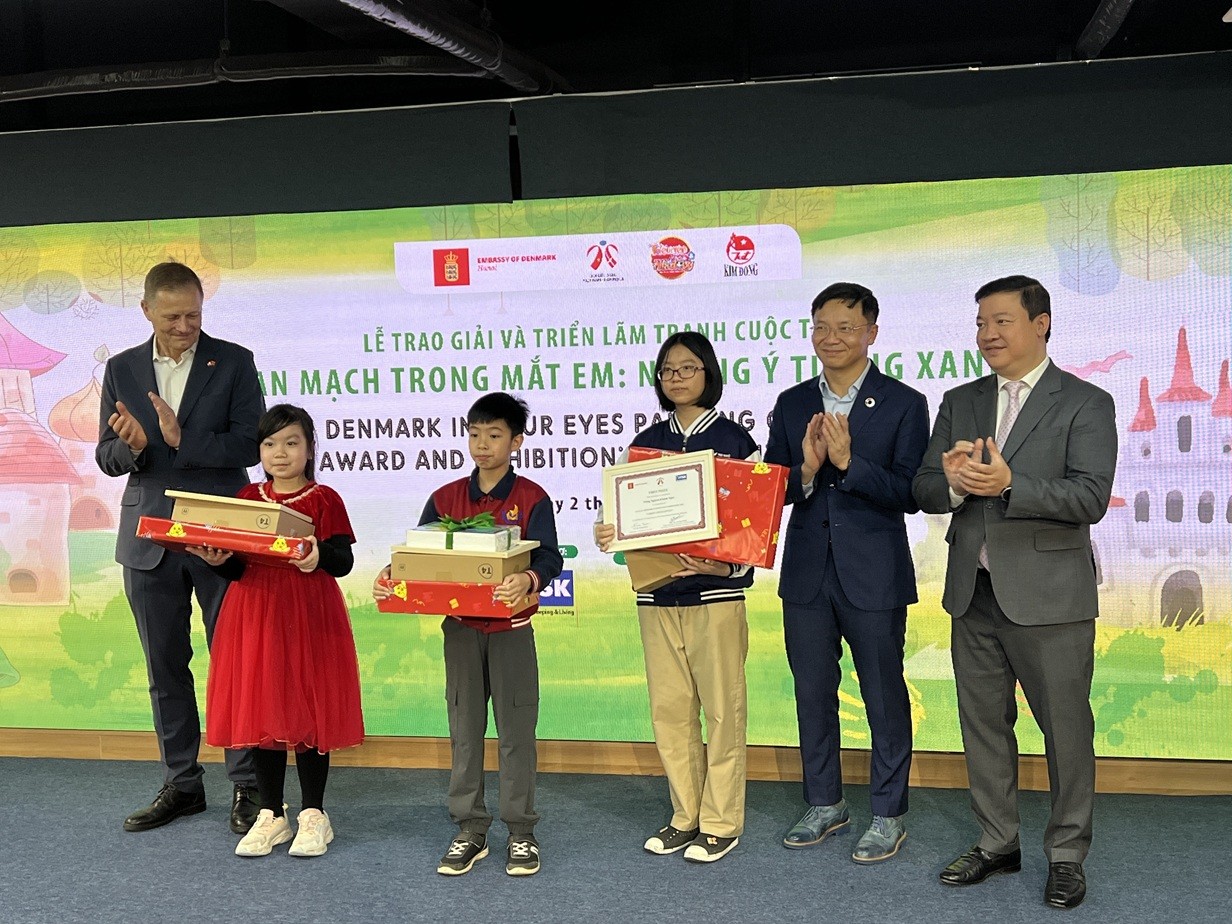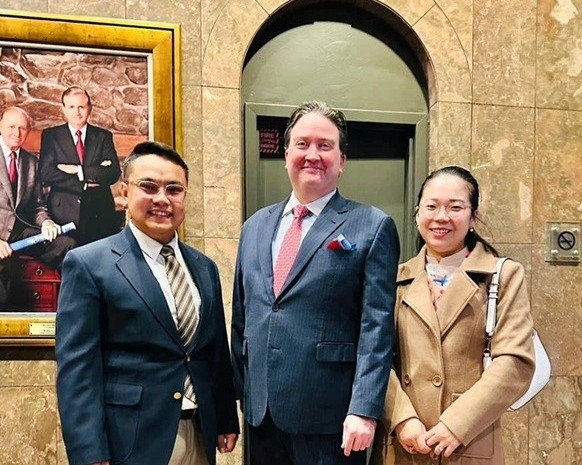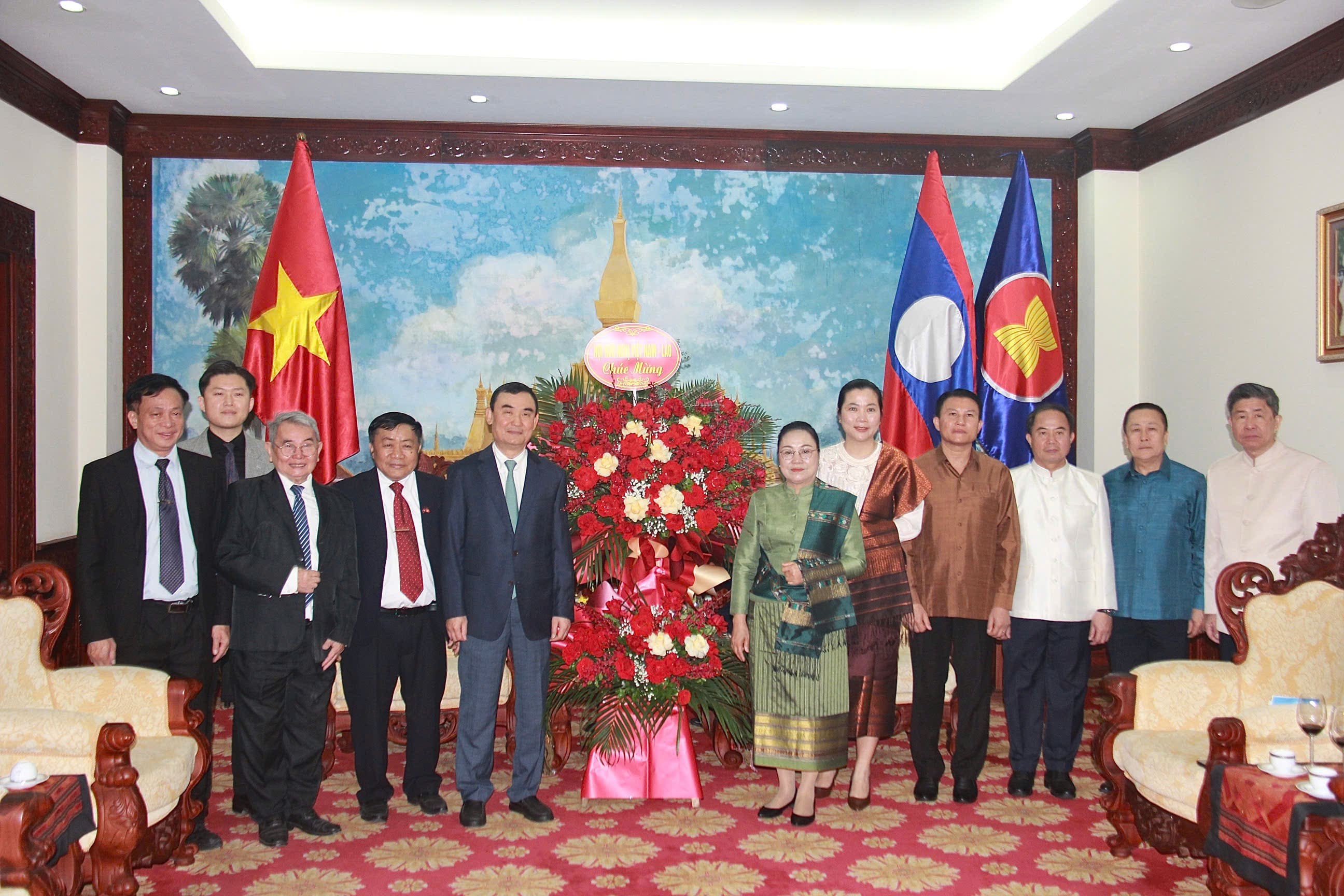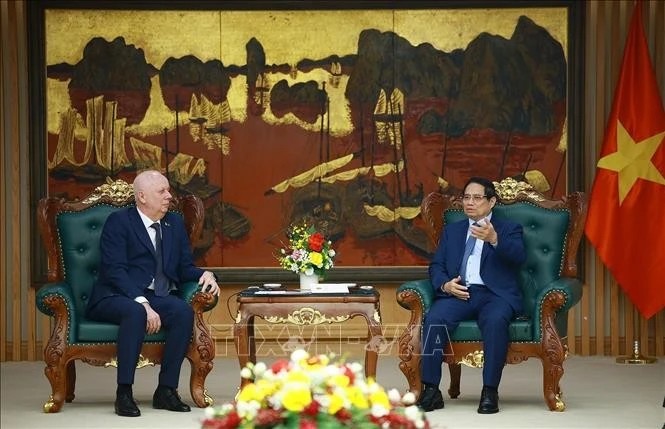HCM City promotes medical tourism
Nguyen M., a 61 year-old overseas Vietnamese from Sweden, typically received treatment for his heart disease in Europe. But on a recent trip to Vietnam, persuaded by the qualifications of Vietnamese doctors and the low cost of treatment here, he decided to schedule a coronary intervention at University Medical Hospital Ho Chi Minh City (UMH).
 |
The HCM Medical University Hospital usually treats between 1,000 to 15,000 overseas Vietnamese and foreign patients every year, mostly in the departments of heart, gastroenterology, nerve or plastic surgery. (Photo: VNA)
M. is one of many international visitors treated at UMH: the hospital usually treats between 10,000 to 15,000 overseas Vietnamese and foreign patients every year, mostly in the departments of heart, gastroenterology, nerve or plastic surgery. In September, the centre established an international clinic with modern facilities, exclusively for foreign patients.
Now, local officials are hoping to build on this momentum and expand the number of international visitors who come to HCM City for medical treatment. On October 12th, HCM City Department of Health (DoH) and Department of Tourism (DoT) officially signed a memorandum of understanding on medical tourism implementation.
They established an interdisciplinary agency to promote health care services to foreign tourists, firstly with the “Medical Tourism Handbook” to be published by the end of 2017.
The handbook will provide patients with names, addresses and phone numbers of medical facilities and services around the city.
In the first phase of their cooperation, the DoH prioritises eight fields ranging from general health consultation and check-ups to traditional medicine to ear-nose-throat care.
Seeing the potential of medical tourism, 11 medical facilities have registered to offer those services including Tu Du Hospital, HCM City Children’s Hospital, HCM City Dentistry Hospital and UMH.
After the pilot period, the two departments plan to expand the cooperation into other fields, aiming to turn HCM City into the medical centre of the region.
HCM City has several competitive advantages. With high-quality public and private hospitals, skilful physicians, advanced technologies and low cost of treatment, the city’s hospitals have recently acquired a strong reputation for infertility treatment, traditional medicine and acupuncture at reasonable prices in comparison to regional and Western countries.
According to Nguyen Viet Anh, head of the Travel Management Department under DoT, medical tourism in Vietnam is still humble compared to India, Thailand or Singapore. Foreign patients are mostly Lao or Cambodian, or overseas Vietnamese.
Le Hanh, head of HCMC Society of Plastic and Aesthetic Surgery, emphasised the need for the participation of travel agencies in promoting medical tourism.
Le Quang Thanh, Director of Tu Du Hospital, stressed that travel agencies can coordinate and deliver foreign patients to hospitals to save patients time and money.
Meanwhile, Phan Dinh Hue, Director of VietCircle Travel Agency, said that they were aware of the city’s medical tourism potential.
However, foreign tourists still have concerns about Vietnamese treatment quality and tend to choose only services related to skin or beauty care. Therefore, improving and professionalising medical services is the key for hospitals to attract more tourist patients.
In addition, Nguyen Minh Quyen from Ben Thanh Travel Agency said that treatment quality and safety should be prioritised to reduce risks in this industry./.
VNF/VNS
Recommended
 Handbook
Handbook
Vietnam Moves Up 8 Places In World Happiness Index
 Handbook
Handbook
Travelling Vietnam Through French Artist's Children Book
 Handbook
Handbook
Vietnamese Turmeric Fish among Best Asian Dishes: TasteAtlas
 Handbook
Handbook
From Lost to Found: German Tourist Thanks Vietnamese Police for Returning His Bag
Popular article
 Handbook
Handbook
Prediction and Resolution for the Disasters of Humanity
 Handbook
Handbook
16 French Films To Be Shown For Free During Tet Holiday In Vietnam
 Handbook
Handbook
Unique Cultural and Religious Activities to Welcome Year of the Snake
 Handbook
Handbook




